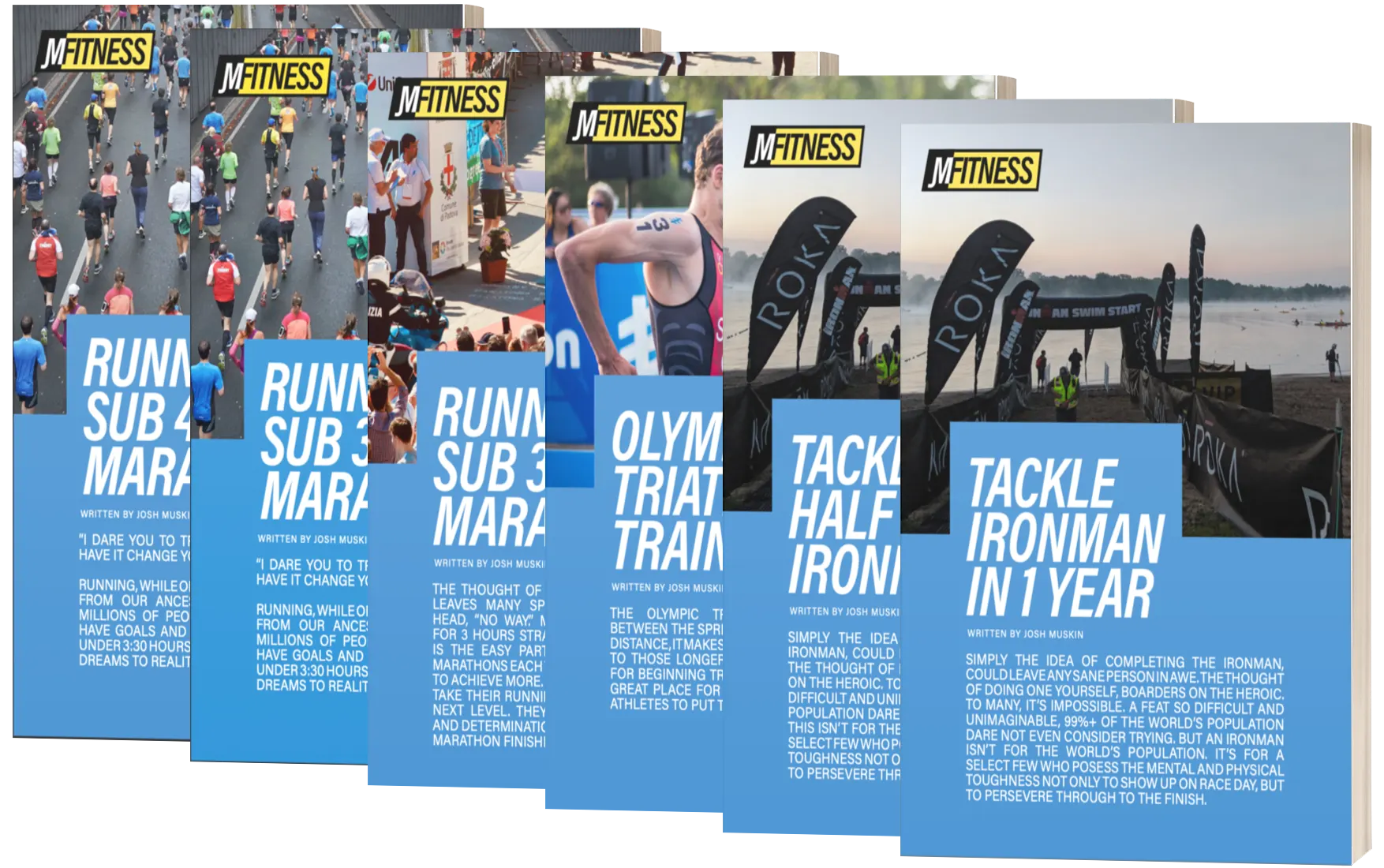Regular every day people have to make choices (more accurately sacrifices) if they want to train for an Ironman.
The main sacrifice is time.
An Ironman cutoff is 17 hours. Training for a 17 hour race takes hours out of your week - in that way, there's no way around it.
We've all heard some variation of this:
"Of course I could do it, if I had nothing else to do".
And that's true for professional athletes, heck even high school and college athletes who have summers off.
But what about the regular person? With a 9-5 job, a family, chores, a lawn to mow... how do they do it?
Well, let's answer one question at a time. Starting with...
A full Ironman training plan tops out at around 19 hours per week, spread over 6 days.
Normally that breaks down further into 2, 1 hour sessions Tuesday through Friday, and long sessions on Saturday and Sunday. The long sessions typically top out around a 6 hour bike ride and a 3 hour run.
The 'regular person' simply needs to figure out what time of day those sessions can take place so they don't negatively impact the rest of their life.
The 'normal' working person has 3 'regular' options for those weekday workouts:
The weekends tend to be easier because there's only 1 session, and even though they're longer - getting started early in the AM can still leave the majority of the day to be had.
So...
Here are the best tips to surround your work schedule with workouts - without sacrificing your job.
In the end, it comes down to setting a schedule, making it reasonable and realistic, and sticking to it.
You can flex times to your workouts on the weekends, but when that alarm goes off before work - rise and shine, the pavement ain't gunna hit itself!
Check out our library of triathlon and running training plans. From a half marathon to a full Ironman® triathlon, we have you covered.
Choose plan


”


Get exclusive training secrets and productivity tips in your inbox to level up your life.